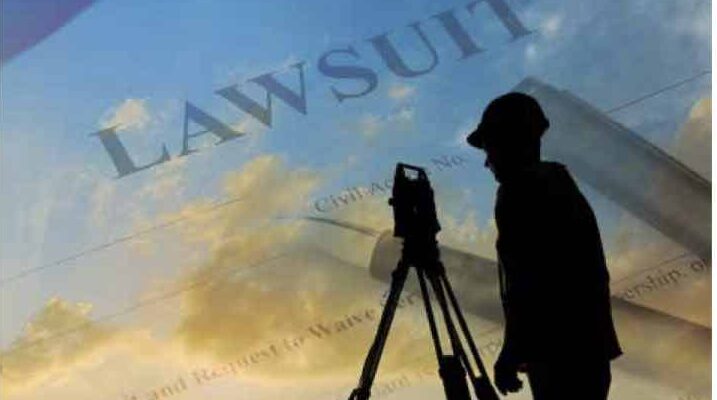Do incompetence and negligence mean the same thing? If you check standard references on torts, it seems that while negligence is a stand-alone tort (a civil wrong), incompetence is not. Incompetence is sometimes referred to as an element of the tort of negligence and incompetents are sometimes put away for their own good and the good of society, but it’s not a civil wrong. Ignorance truly is bliss.
If we look at the definition of these two terms in Black’s Law Dictionary, we find the following. Negligence is “the doing of some act which a person of ordinary prudence would not have done under similar circumstance or failure to do what a person of ordinary prudence would have done under similar circumstances.” In other words, negligence is a standard of care issue. The practitioner knows the right course of action but failed to take that action.
Incompetence, on the other hand, is defined in Black’s as “lack of ability, knowledge, legal qualification, or fitness to discharge the required duty or professional obligation.” In the context of retracement surveying (which is what we are talking about), that would be a practitioner who does not know or understand correct retracement theory.
In my mind, you can illustrate the difference with two simple questions. Can one be negligent and not incompetent? The obvious answer is yes. By definition, a competent retracement surveyor who understands the duties to be discharged and fails to do so is negligent. Now reverse the question, can an incompetent surveyor not be negligent. While it might not be quite as obvious, that answer is yes as well.
Since the standard of care is what the reasonably prudent practitioner would do under like or similar circumstances, often couched in terms of a community (e.g., a certain county or state, although there is evidence that the standard of care is be-coming a national standard, more on that some other time), if all of the practitioners are similarly incompetent, there can be no negligence for practicing incompetently. This, of course, is one of the fundamental problems facing the land surveying profession—unchecked incompetent practice.
Most professions police incompetent practice through board action or civil litigation. Neither of these are effective against incompetent retracement surveying. Most professions have standards of practice that define correct practice and require correct results. Not the land surveying profession. The proof is in the so-called standards of practice across the country and the definition of surveying promulgated by the NCEES. It is clear that the writers of these documents do not understand and cannot define correct retracement practice. The land surveying profession needs to wake up. GIS doesn’t mean “get it surveyed,” it means “good as a survey.”

